Carbon-capture – Mechanical-Recycling 04-07-2022 - Arhive
Carbon-capture – Mechanical-Recycling
Bottle-grade-PET-resin – Petrochemicals
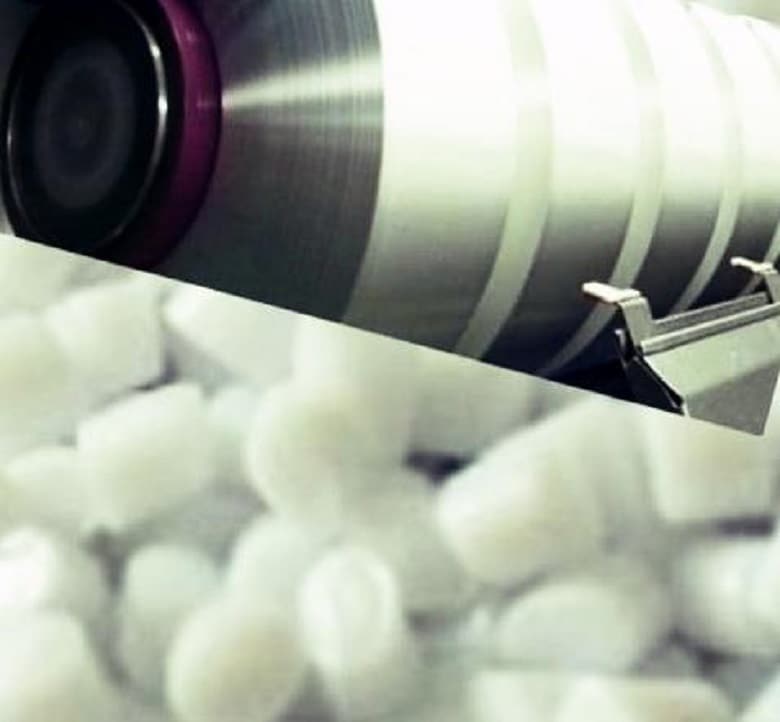
Crude Oil Prices Trend
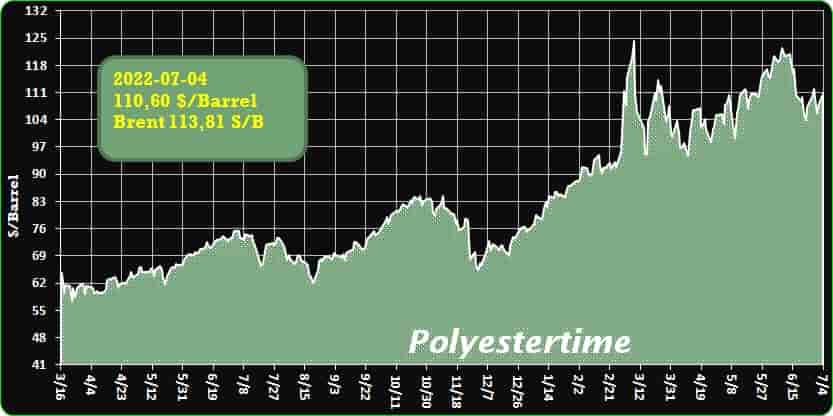
-World’s largest direct air carbon capture facility will reduce CO2 by .0001%
The world’s largest carbon direct air capture facility has started construction in Iceland, run by Swiss startup Climeworks AG.
When construction finishes in 18-24 months, their facility, named “Mammoth,” will be able to remove 36,000 tons of CO2 from the air per year – which is .0001% of the 36 billion tons of CO2 emitted per year by humanity.
Climeworks currently operates their “Orca” plant which captures 4,000 tons per year and began operations last year. This new plant will increase their capacity by an order of magnitude. Carbon-capture – Mechanical-Recycling
Direct air carbon capture is the Carbon-capture – Mechanical-Recycling that carbon can be sucked out of the air through industrial and chemical processes. Climeworks’ new plant will use geothermal power to operate, sucking carbon from the air and mixing it with water, then injecting it into the ground where it reacts with basalt to form solid carbonate rock.
It is favored by large polluters like Exxon as a way to reverse the enormous damage they continue to cause, though currently it is “too expensive” to be scaled in any meaningful way.
Due to this expense and difficulty of scaling, environmentalists question its usefulness. The fear is that the promise of this technology will delay action in reducing carbon emissions today, as humanity may think that a technological answer will eventually come for the chaos we are currently causing to our world.
At the scale of this plant, a million similarly sized plants would be needed just to get humanity carbon neutral. But that’s just net zero – we would then need even more plants to bring CO2 down from the current 420ppm back to 350ppm, which is the number we need to hit to bring the climate back into stasis. To get to this concentration, we need to remove roughly half a trillion tons of carbon out of the atmosphere in total.
Climeworks sells credits for the carbon they remove from the air at a price of 1,000 euros ($1,048) per ton, and companies like Microsoft, Audi, and Shopify have already purchased credits to offset their impact. This is one of the world’s most expensive carbon credits, and is much higher than EPA estimates of the social cost of carbon and Exxon’s “target” number of $100/ton.
Climeworks hoped to get this number down to $100/ton by somewhere in the latter half of this decade, at which point they would like to be responsible for removing 1% of carbon from the atmosphere. Carbon-capture – Mechanical-Recycling
But given that these predictions were made 5 years ago, progress doesn’t seem to be going as quickly as they’d like (or as all of us need).
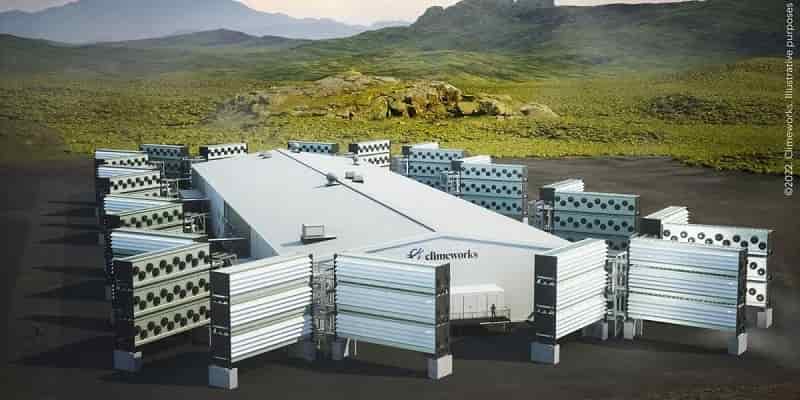
-Macquarie invests in PET recycler
Circularix, led by Leon Farahnik, will open the first of five facilities later this year in Pennsylvania.
HPC Industries LLC, Los Angeles, the former owner of defunct bottle-to-bottle polyethylene terephthalate (PET) recycler CarbonLite, which also was based in Los Angeles, and Australia-based Macquarie Group’s Commodities and Global Markets group have formed a joint venture to produce recycled PET (rPET) pellets that will operate under the name Circularix. Carbon-capture – Mechanical-Recycling
Leon Farahnik, chairman of HPC and the former chairman and CEO CarbonLite, serves as chairman and CEO of Circularix, while Alex Delnik, also formerly of CarbonLite as well as being the former CEO and founder of PET recycler Verdeco Recycling, will serve as president and chief operating officer. In addition to its investment as a partner in the joint venture, Macquarie is assisting Circularix with project debt, equipment finance, foreign exchange hedging and other risk management solutions to support its growth.
Farahnik declines to tell Recycling Today the stake that Macquarie has taken in Circularix, saying the information is confidential.
According to a news release issued on behalf of Circularix, plans include building and operating five recycling facilities across the U.S. with a total annual production capacity of more than 275 million pounds of rPET. The first facility, in Hatfield, Pennsylvania, is expected to be operational by December 2022.
Farahnik says the 100,000-square-foot plant is near Allentown, Pennsylvania, which serves as a “major hub for all of our customers.” It will have the capacity to produce 55 million pounds of food-grade rPET pellets from flake rather than bottles, which it will purchase from within a 200-to-250-mile radius of the plant.
He says he expects the next site, which will be in Florida, to be operational in the second quarter of 2023. After that, roughly every six months, the company plans to open sites in Texas, Arizona and the Pacific Northwest, having chosen these locations because of their proximity to customers that Circularix intends to supply.
Farahnik adds that the sites are each expected to have 55 million pounds of capacity and will feature a high degree of automation as well as equipment from Austria-based Starlinger. Carbon-capture – Mechanical-Recycling

-SD Polymers: ‘One-Stop Solution for Mechanical Recycling’
‘Passionate’ recycler invests in people and technology to meet commitment to innovative, sustainable solutions for its processor customers.
For SD Polymers, a rapidly expanding recycler and compounder, investing in technology and finding and training people who are “passionate” about recycling are keys to meeting current industry challenges such as material price swings, logistical obstacles and inflationary pressures. Carbon-capture – Mechanical-Recycling
Family owned since 1998, the Macon, Ga., company has diversified into three business segments, headed by its core Plastics Extrusion Division, which focuses on closed-loop recycling and compounding—90% custom in-house compounding and 10% toll compounding. The other two divisions focus on industrial rubber recycling and compounding and non-woven roll converting. According to Stefano Danese, the company’s managing director, SD Polymers is committed to finding innovative, sustainable solutions for its customers to save time and money, increase efficiency and reduce its carbon footprint while improving the bottom line.
‘One-Stop Solution for Mechanical Recycling’
The company traces its roots to Marco Danese, Stefano’s father, who founded the company in 1998, drawing on decades of roofing experience, including the establishment of five roofing manufacturing plants in three countries. SD Polymers originally focused on supplying nonwoven PET mat and densified PP to a wide range of commercial roofing manufacturers, primarily in Latin America. Over time, the company expanded its offerings to include fiberglass PET mat and materials for TPO membrane roofing applications.
Today, the Macon facility of more than 160,000 ft2 includes a full-scale laboratory for raw-materials and finished-goods testing. The company recycles a variety of materials into pellets, densified flake and regrind for injection molding and extrusion—mainly PP, HDPE, LDPE, LLDPE, TPO and PS. Carbon-capture – Mechanical-Recycling
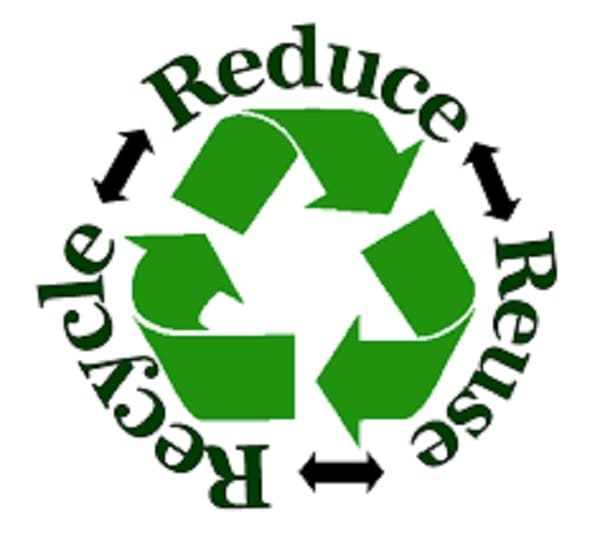
-Eneos sets The July contract price of benzene in Asia at USD1,290 per tonne
Eneos (formerly JXTG Nippon Oil & Energy), part of Eneos Holding, a major petrochemical producer in Japan, has set the July contract price of benzene in Asia at USD1,290 per tonne, down USD15 per tonne from June’s contract price, a company source told ICIS.
In June, the company set the price of benzene at USD1,305 per ton. The company had previously denominated its July price at USD1,320 per tonne.
Earlier it was reported that Eneos set the May contract price of benzene in Asia at USD1,180 per ton, which is USD15 per ton lower compared to the contract price of April.
Benzene is the raw material for the production of styrene, which, in turn, serves as the main raw material for the production of polystyrene (PS).
According to MrC’s ScanPlast, in the first four months, the total estimated consumption of polystyrene and styrene plastics in Russia amounted to 186.02 thousand tons, which is 1% less than the same indicator in 2021. Carbon-capture – Mechanical-Recycling
In April, total estimated consumption was 41.49 thousand tons, which is 15% lower than the volume of consumption in April 2021.
Eneos Holding (formerly known as JXTG) is Japan’s largest oil company. Its activities include the exploration, import and refining of crude oil; production and sale of petroleum products (ethylene, propylene, butadiene, styrene, paraxylene, orthoxylene, etc.), including fuels and lubricants.
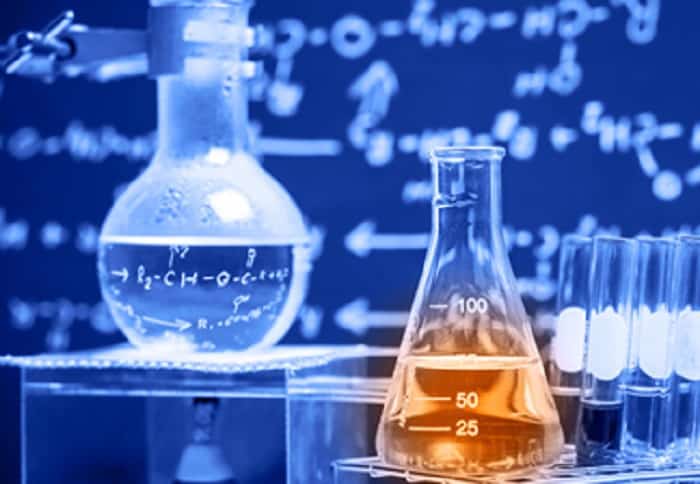
-Polynt Announces Investment for New Special Plasticizers Plant in Atlacomulco, Mexico
Special high-performance plasticizers, with their superior technical performances in electrical and high temperature applications, are a main component for the electrification of cars and transportation, a general trend so important for improving environmental sustainability. Trimellitates represents the most effective family of products that can satisfy those outstanding performance characteristics. Carbon-capture – Mechanical-Recycling
Polynt has a long history of developing and marketing a wide range of these products for different technical needs. To support their growth and demand, Polynt has started the process for the installation of a new esterification plant to produce Special Plasticizers, and among those mainly trimellitates, in its site in Atlacomulco (Mexico).
The design and permitting activities will begin during H2 2022. The erection of the plant is planned during 2023 and will take place also using part of the equipment of the Polynt trimellitates plant of the Changzhou site (China), closed in 2021. Mechanical completion is expected by the end of 2023 and the start-up is scheduled in Q1 2024.

-Measuring recycled content: why mass balance accounting matters for plastics
Paul Davidson, Director, UKRI Smart Sustainable Plastic Packaging Challenge, discuses the importance of accurately auditing recycled content derived from the chemical recycling of plastics. Carbon-capture – Mechanical-Recycling
As the UK Plastic Tax goes live and the European Commission deliberates on an EU-wide recycled content target for plastics packaging, the question of how to accurately measure and provide an audit trail for recycled content derived from the chemical recycling of plastics has become the subject of much debate.
Conventional mechanical plastics recycling typically produces recycled feedstock of a single polymer type (e.g. PET) destined for use as a feedstock by a particular packaging producer (convertor).
For chemical recycling routes, however, recycled plastic is taken back to the basic building blocks (oligomers, monomers, etc) for polymer manufacturing.
Where the recycled feedstock is a pyrolysis oil (pyrolysis being the most advanced technology in terms of commercial development at present), it enters the petrochemical supply chain much earlier in the production cycle (and often intermittently) as a bulk raw material (pyrolysis oil). Carbon-capture – Mechanical-Recycling
It is then mixed with virgin feedstock (naphtha) before being piped, potentially over long distances, to the cracker. The cracker then converts the combined feedstocks into a number of outputs, the predominant one being ethylene.
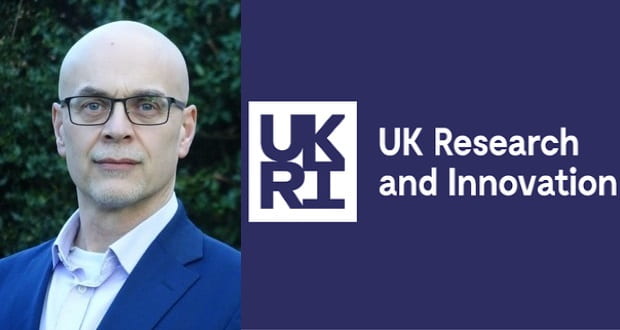
-Swiss EMS Group Picks 3D Systems for New Nylon 3D Printing Material
3D Systems has announced a partnership with EMS-GRILTECH to develop new 3D printing materials. Carbon-capture – Mechanical-Recycling
Leveraging the polyamide manufacturing expertise of EMG-GRILTECH, a business unit of Swiss chemical company EMS Group, the duo have released a new nylon copolymer dubbed DuraForm PAx Natural for use in selective laser sintering (SLS).
3D Systems is the exclusive distributor of the powder, which can be used on any SLS machine. DuraForm PAx Natural is meant to demonstrate properties similar to injection molding, with high impact resistance and elongation at break in any direction. Because it can be printed at a low temperature of 120°C, it is described as more efficient for printing and post-processing. In turn, it enables high throughput and can be shipped the day after printing, compared to PA12, which may require two days.
he partners claim that it remains stable in terms of mechanical properties and color for over five years indoors. Vapor smoothing additionally increases the elongation at yield over that of PA-11 and PA-12. Suggested applications include “orthotics, tooling handles, splints, and braces, ducting in rugged environments, living hinges, liquid reservoirs, and enclosures requiring high impact and high toughness.”
“We’re very excited to be able to collaborate with EMS-GRILTECH in a way that allows us to not only advance our innovation roadmap but also advance materials performance for the industry,” said Dr. Edwin Hortelano, senior vice president, materials engineering & development, 3D Systems. “With DuraForm PAx Natural, we’re not only bringing a superior product with leading mechanical properties, we’re also delivering a new material for use with any SLS printing technology, which we intend to expand to other powder-bed fusion platforms. This is our first step in opening 3D Systems’ materials portfolio to the entire industry which allows a broader pool of manufacturers to realize the benefits of this unmatched material. We look forward to introducing more PAx-based materials among others in the future.” Carbon-capture – Mechanical-Recycling
Simon Maier, head of sales and marketing at EMS-GRILTECH, said, “The EMS Group is an established worldwide leader in high-performance polymers for injection molding and powder-based applications. EMS-GRILTECH has observed the powder bed fusion (PBF) additive manufacturing industry with keen interest over the last years, realizing that the technology is limited by the performance of the available materials. Thus, together with 3D Systems, we decided to use our expertise to develop materials that exhibit excellent performance in PBF systems and at the same time show technical properties that match those of injection molding. EMS-GRILTECH is excited about the capabilities of DuraForm PAx Natural and we’re looking forward to creating added value for the additive manufacturing industry with further material novelties in the future.”
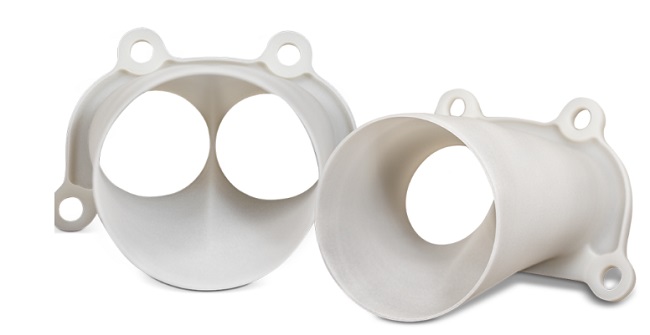
Carbon-capture – Mechanical-Recycling
